detail profile janusz paluszkiewicz
Peran Yang Di Mainkan Janusz Paluszkiewicz
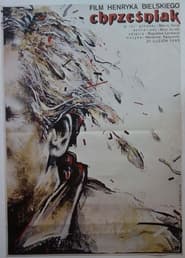 The film depicts three days in...
The film depicts three days in...Chrześniak 1986
The film depicts three days in the life of a state farm director, during which he celebrates his 40th birthday. He was adopted by four godfathers who have helped him throughout his life and have reached positions of prominence themselves. He makes a mistake at work turning away some foreigh investors and is required to cover the losses, but even his godfathers are unable to help him. He regains affection of his son instead.
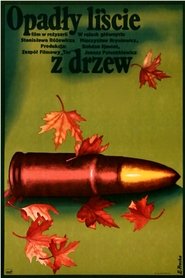 Two years after the war during...
Two years after the war during...The Leaves Have Fallen 1975
Two years after the war, during a train trip, Henryk (20) recollects the occupation period. He passes different train stations and recollects various situations from the past: his family life, working in a garage, guerrilla warfare, the fear that accompanied him every day. He’s looking at the travellers’ faces, including the ones who have survived the war.
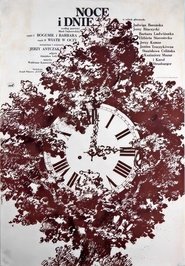 A family saga of Barbara OstrzeskaNiechcic...
A family saga of Barbara OstrzeskaNiechcic...Nights and Days 1975
A family saga of Barbara Ostrzeńska-Niechcic and Bogumił Niechcic against the backdrop of the January Uprising of 1863 and World War I. The film is a rather straightforward and faithful adaptation of a novel by Maria Dabrowska with the same title. The plot is woven around the changing fortunes of a noble (upper-class) Niechcic family in the pre-WWI Poland. There are two main crossing threads: a social history one and an existential one.
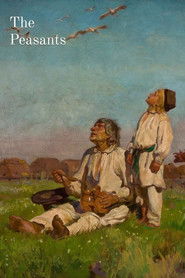 In a bucolic Polish hamlet the...
In a bucolic Polish hamlet the...The Peasants 1973
In a bucolic Polish hamlet, the tense relationship between a father and son reaches a boiling point when the men lose their hearts to the same woman and vie for her affections. Based on Wladyslaw Reymont's Nobel Prize-winning book and helmed by Jan Rybkowski, this theatrical release (starring Krzystof Chamiec, Wladyslaw Hancza and Emilia Krakowska) was culled from a 13-episode miniseries that aired on Polish television in 1972.
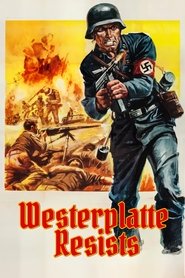 Westerplatte is a small peninsula at...
Westerplatte is a small peninsula at...Westerplatte Resists 1967
Westerplatte is a small peninsula at the entry to the Gdańsk Harbour. Before World War II, it functioned as a Polish ammunition depot in the Free City of Danzig. Its crew consisted of one infantry company and a group of civilians, 182 people in total. It was the only Polish guard-post at the mouth of the Vistula River, with as little as five sentries, one field cannon, two anti-armour guns and four mortars. The first shots of World War II were fired there. This film tells the story of Westerplatte's courageous defenders.
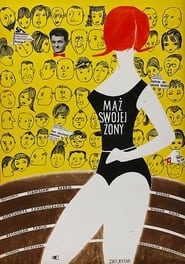 M swojej ony English Husband of...
M swojej ony English Husband of...Husband of His Wife 1961
Mąż swojej żony (English: Husband of His Wife) is a Polish comedy from 1960 directed by Stanisław Bareja. The story of a newly married couple, Michał Karcz (composer) and sprinter Jadwiga Fołtasiówna-Karcz. Michał has to adjust to Jadwiga being much more famous and her fame and needs dominating their lives.
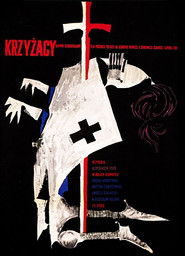 A tale of a young impoverished...
A tale of a young impoverished...Knights of the Teutonic Order 1960
A tale of a young impoverished nobleman, who with his uncle returns from a war against the order of the Teutonic Knights in Lithuania. He falls in love with a beautiful woman and pledges an oath to bring her "three trophies" from the Teutonic Knights.
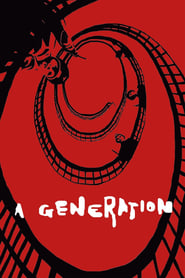 Stach is a wayward teen living...
Stach is a wayward teen living...A Generation 1955
Stach is a wayward teen living in squalor on the outskirts of Nazi-occupied Warsaw. Guided by an avuncular Communist organizer, he is introduced to the underground resistance—and to the beautiful Dorota. Soon he is engaged in dangerous efforts to fight oppression and indignity, maturing as he assumes responsibility for others’ lives. A coming-of-age story of survival and shattering loss, A Generation delivers a brutal portrait of the human cost of war.
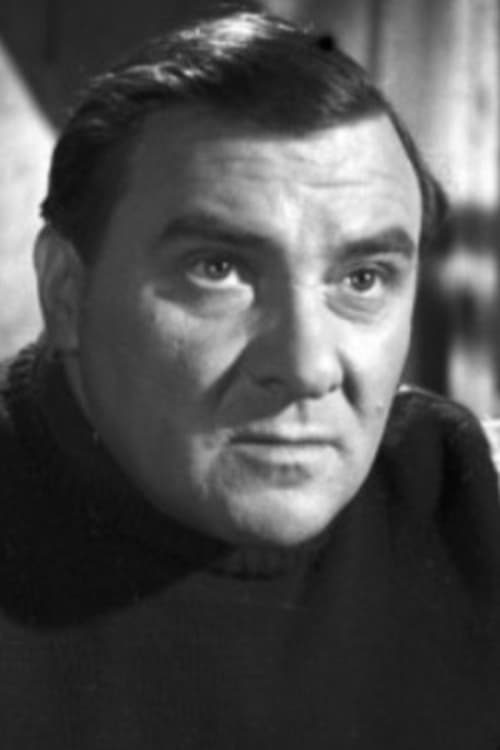
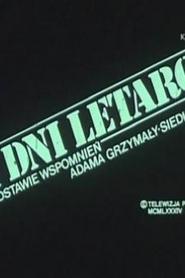 A Polish writer is arrested by...
A Polish writer is arrested by...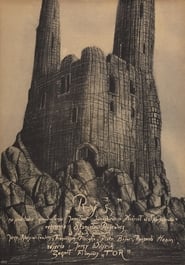 Set during the German occupation of...
Set during the German occupation of...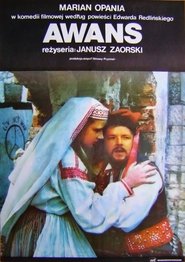 After getting a university degree Marek...
After getting a university degree Marek...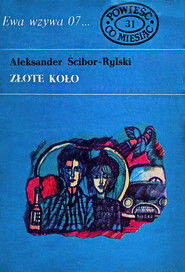 An unknown man brings a wounded...
An unknown man brings a wounded...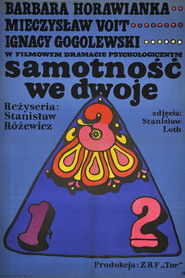 A psychological drama film based on...
A psychological drama film based on... A young boy must go to...
A young boy must go to...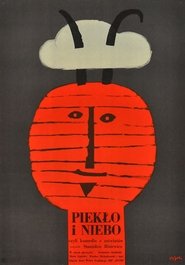 A bus crashes and its passengers...
A bus crashes and its passengers...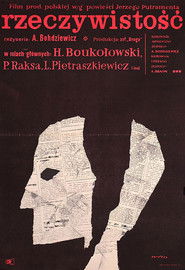 The 1937 trial of communist journalists working...
The 1937 trial of communist journalists working... A journalist investigates a mysterious murder...
A journalist investigates a mysterious murder...